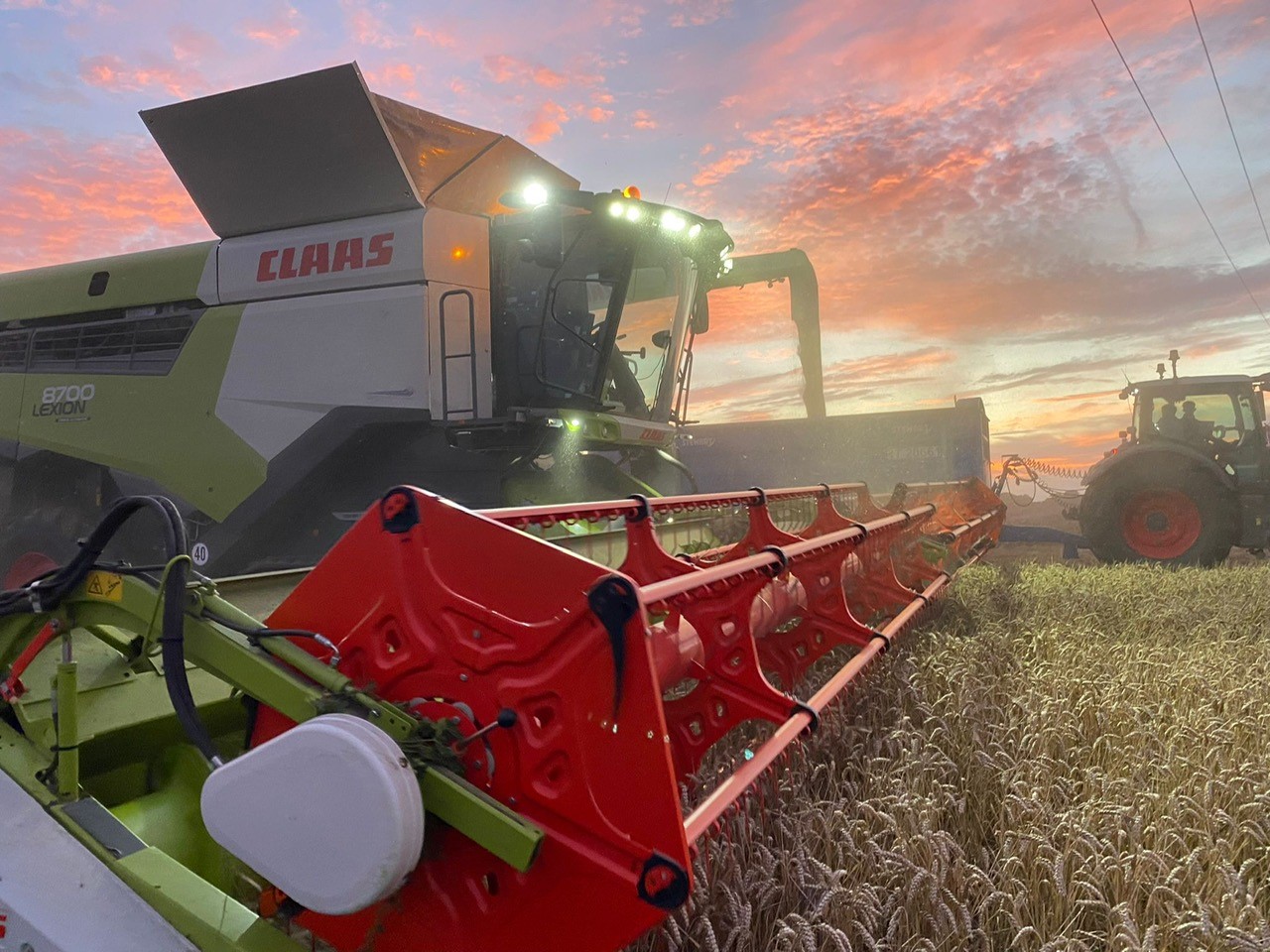August Update on the Farm

AUGUST
Firstly we would like to say a huge well done to Jack Scott for being nominated and shortlisted for the BBC Food and Farming Awards in the Young Countryside Champion category. Jack came on one of our Farm Walks last summer and discussed his plans to expand his fledgling vegetable business with us. We offered him some land on the farm, and the rest is history. Supplying local restaurants, educating chefs and children alike about vegetables, growing his produce spray free, all whilst completing a degree in Environmental Management at University of Kent and helping us on the farm speaks volumes, and we are delighted that he is being recognised in this prestigious event.
We were are also delighted with our own nomination from the Farmers Weekly Awards judges, who judged all of the 2023 entrants and nominated us as one of three finalists in the Farmers Weekly Environmental Champion of the Year Award. We are hugely honoured to be recognised as championing the environment as we pursue our regenerative farming journey, and attribute our success to the many who have helped us along the way. We're very much looking forward to the Awards ceremony in October, and look forward to meeting the other finalists too.
THE HARVEST REPORT
When we haven’t been entertaining camera crews, and when it hasn’t been raining, we’ve been busy all month harvesting our crops.

Harvest 2023 started about two weeks later than previous years and has been very intermittent due to the wet and unpredictable weather. Undeterred, however, between the downpours, we’ve had a cracking harvest team who have been ready and waiting to take every opportunity when it arose.

The best moment was probably when we all enjoyed homemade sausage sandwiches, all ingredients proudly home grown from the farm – the sausages from Oink and Udder, onions and tomatoes from Jack Scott Veg and the bread from our own milled flour.
It’s been a challenging harvest, ending what has been a particularly challenging growing year with a wet winter, cold spring, and no real sun for grain fill until about June, followed by a wet summer.
Yield variability has been particularly noticeable. Here’s hoping that next year is an easier growing one for us all!
 Harvest is the first real opportunity that we have to see the results of the various trials we have done over the last year. Examples include using a soil conditioner which produced higher protein and a higher yield by 0.3 tonne per hectare, and grazing cover crops before drilling spring oats, which increased yields by 0.5 tonnes per hectare.
Harvest is the first real opportunity that we have to see the results of the various trials we have done over the last year. Examples include using a soil conditioner which produced higher protein and a higher yield by 0.3 tonne per hectare, and grazing cover crops before drilling spring oats, which increased yields by 0.5 tonnes per hectare.
Both trials demonstrated that adopting a regenerative approach to agriculture doesn’t necessarily impact on crop yields, a topic we recently discussed with Mark Topliff from Knight Frank as part of their research for The Rural Report 2023/24. You can also hear more from Emma, talking all about Nonington Farm's regenerative approach and overall farming strategy.

From left to right; Tom Heathcote, James Loder-Symonds, Emma Loder-Symonds, Mark Topliff
HARVEST 24
We have already started on harvest 24, with more on-farm trials planned for next year. As soon as each field’s harvest 23 is cut, it has a cover crop drilled into it, so there are always living roots in the soil and reduces the need to plough or cultivate. We direct drill a mixture of seeds with minimum soil disturbance, which is all part of our regenerative agriculture farming system. This is one of the cover crops after just 10 days, which will then be grazed by sheep in the winter before spring barley drilling.

Utilising cover crops in between your cash crops is a way of generally improving the soil and consequently reducing the need for herbicides and pesticides. Cover crops allow the soil to retain nutrients and water, reduces the risk of soil erosion and provides essential nutrients for the next crop. It also provides essential habitat for wildlife over the winter period.
We have also drilled oilseed rape for next year, alongside companion crops of fenugreek, phacelia and berseem clover, high biomass plants which provide good ground cover which helps to improve the soil and with nitrogen fixation.

